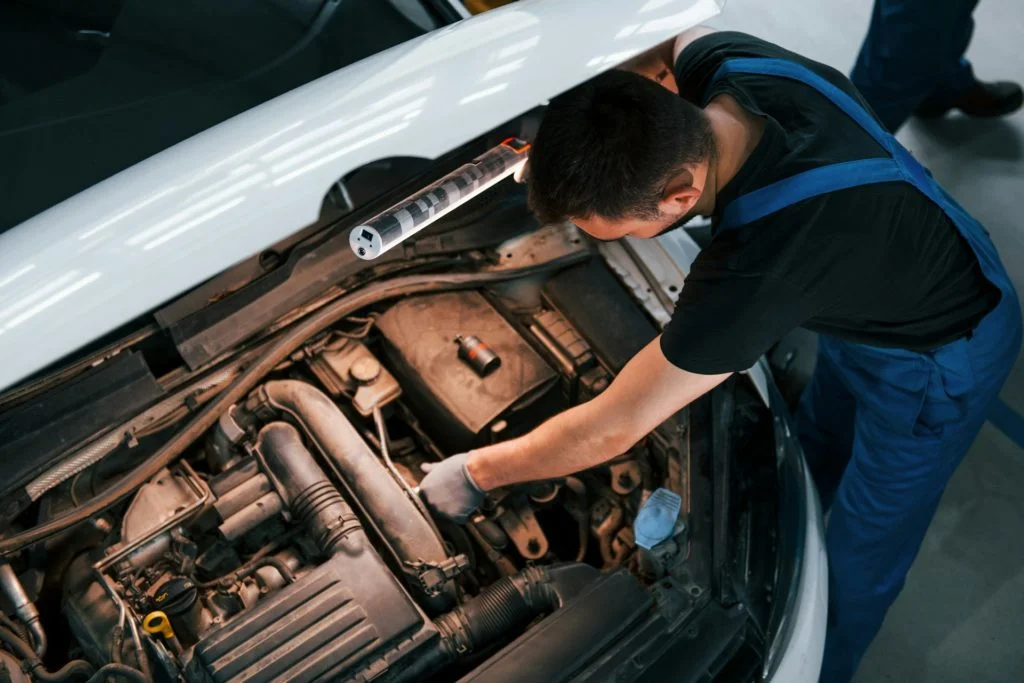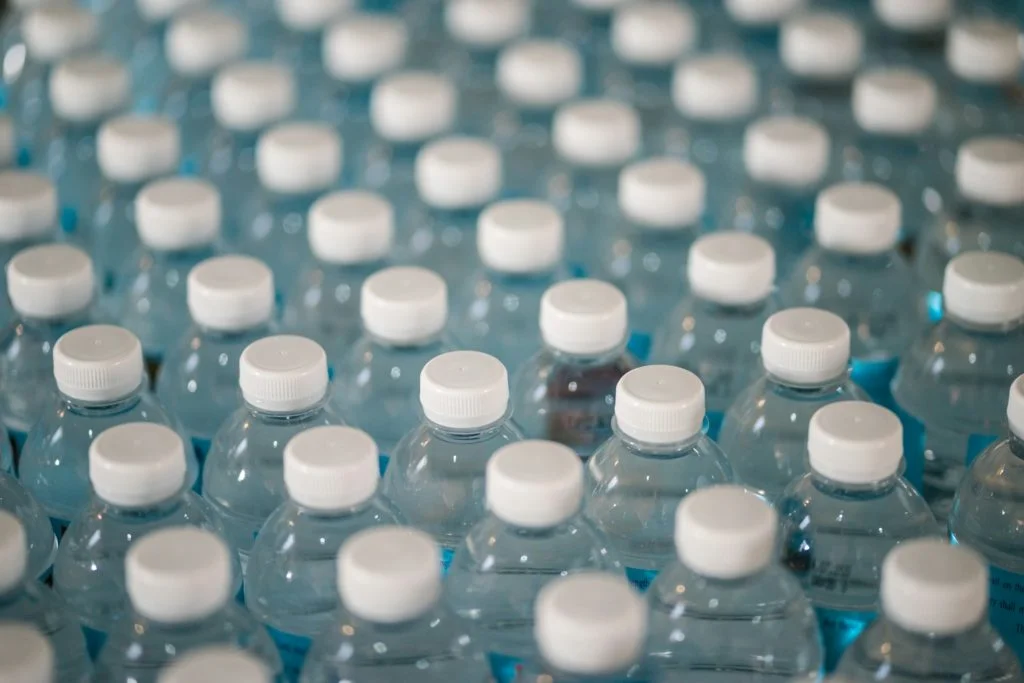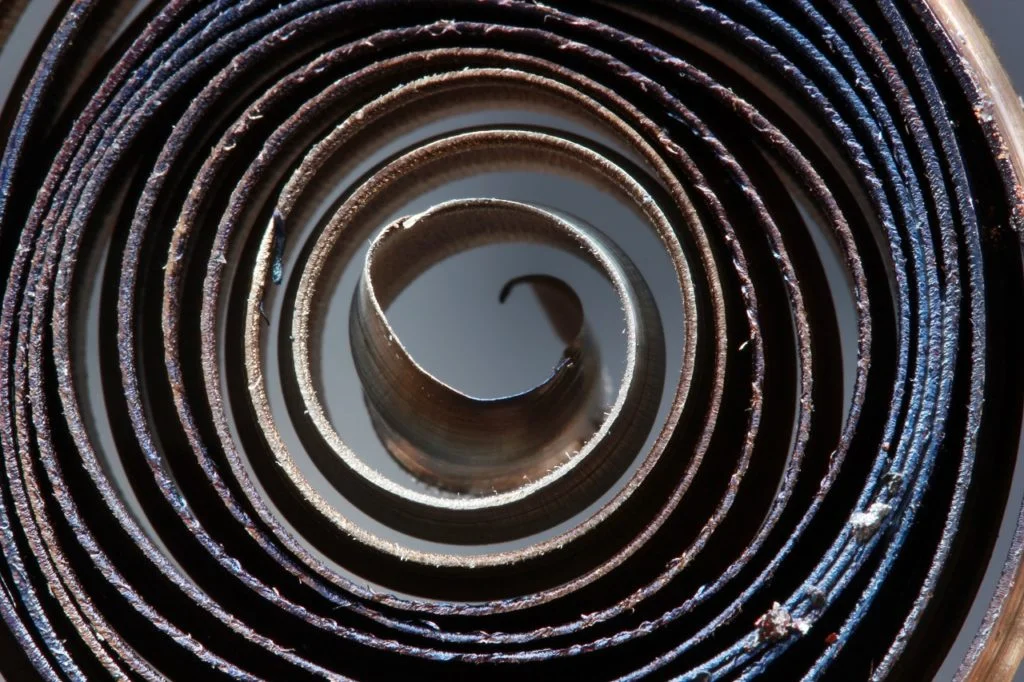Plastic is one of the most widely used materials in the world, with millions of tons produced every year. However, the problem with plastic is that it takes hundreds of years to decompose, causing widespread pollution and environmental damage.
Recycling plastic is one of the most effective ways to reduce this damage and help protect the environment.
We can conserve natural resources by reusing plastic materials. This will also reduce greenhouse gas emissions and prevent pollutants from entering our oceans and landfills. In this article, we will explore how plastic recycling helps the environment and why it is crucial for our sustainable future.

How Plastic Recycling Helps the Environment
Plastic recycling is crucial for our sustainable future for several reasons:
1. Conserves Natural Resources
Recycling plastic means that fewer new materials need to be produced, which conserves natural resources like oil and gas. This helps to reduce the environmental impact of extracting and processing these resources, which can be both energy intensive and polluting.
2. Reduces Greenhouse Gas Emissions
When new plastic is produced, it requires a significant amount of energy, which often comes from fossil fuels. This process releases greenhouse gases like carbon dioxide, which contribute to climate change. Recycling plastic reduces the need for new plastic production, which in turn reduces greenhouse gas emissions.
3. Prevents Pollution
Improper disposal of plastic causes pollution and harm to wildlife. Unfortunately, plastic waste can end up in our oceans, rivers and landfills.
Recycling plastic helps to protect our environment. It prevents plastic from entering areas where it does not belong. This also reduces the amount of waste produced.
4. Saves Energy
Recycling plastic requires less energy compared to producing new plastic from raw materials. Recycling plastic is beneficial because it uses less energy than extracting and processing new raw materials. The process involves melting down the plastic and forming it into new products.
5. Creates Jobs
Recycling plastic creates jobs in the recycling industry, which helps to support local economies and reduce unemployment rates.
6. Reduces Waste
Recycling plastic reduces the amount of waste that ends up in our landfills and oceans. This helps to conserve natural resources and reduce environmental pollution.
7. Contributes to a Circular Economy
We can create a circular economy by recycling plastic. In this economy, materials are reused and recycled instead of being thrown away after only one use. This helps to reduce our reliance on new materials and creates a more sustainable system.
8. Helps to Combat Climate Change
Plastic recycling helps to reduce greenhouse gas emissions by reducing the need for new plastic production. This can help to mitigate the impacts of climate change and promote a more sustainable future.
9. Protects Wildlife
Plastic pollution in our oceans and rivers can harm wildlife, with many animals ingesting or becoming entangled in plastic waste. By recycling plastic, we can reduce the amount of plastic that ends up in these areas and protect wildlife from harm.
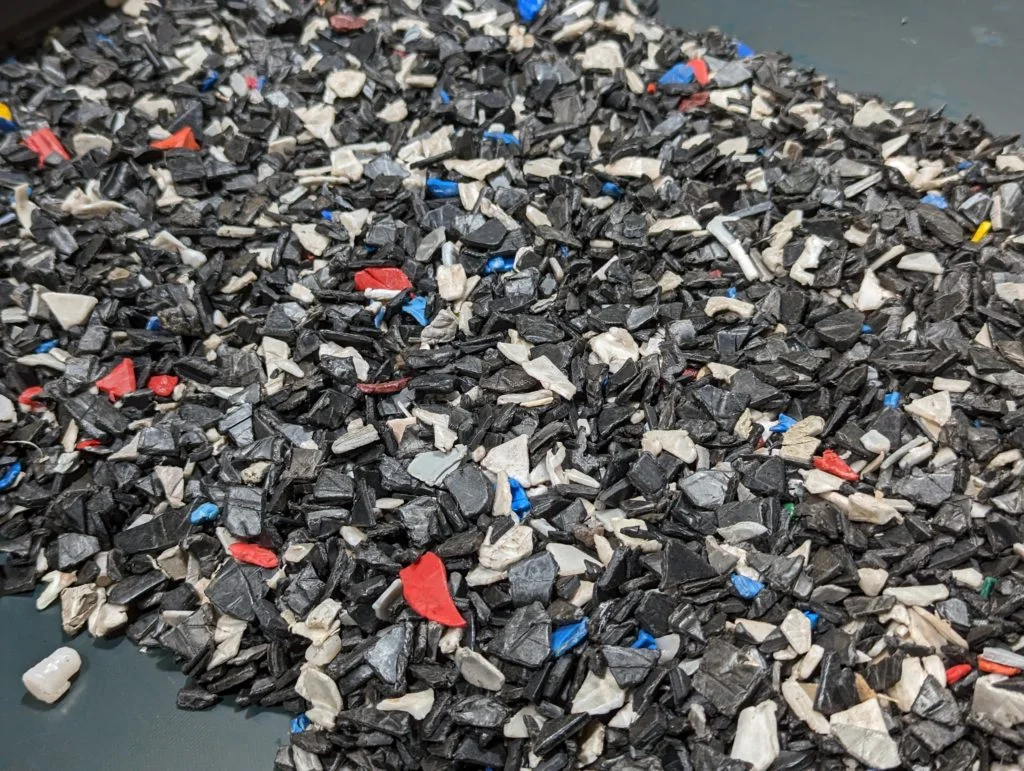
Conclusion
In a nutshell, plastic recycling is an essential step towards a more sustainable future. By reusing plastic materials, we can conserve natural resources, reduce greenhouse gas emissions, prevent pollution, and protect wildlife.
We must work together – individuals, businesses, and governments – to recycle plastic waste. This is essential to creating a more sustainable world. Getting enough knowledge and working with a reliable plastic reprocessing plant is the way to go.
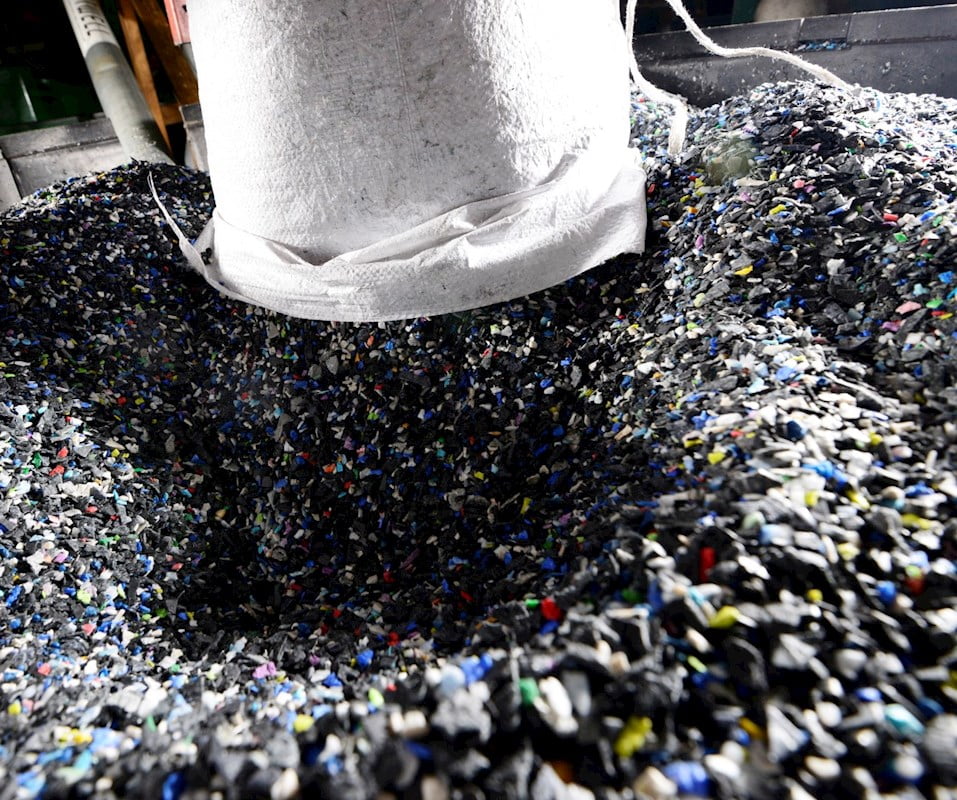
Pulse Plastics has been advocating green solutions in the plastics industry for 25 years. They have been reprocessing waste plastic for businesses in the manufacturing industry.
If you need plastic processing services, contact Pulse Plastics. Let us help you reduce your carbon footprint and save money in the process.
Call the Pulse Plastics team today to discuss your business requirements today.
